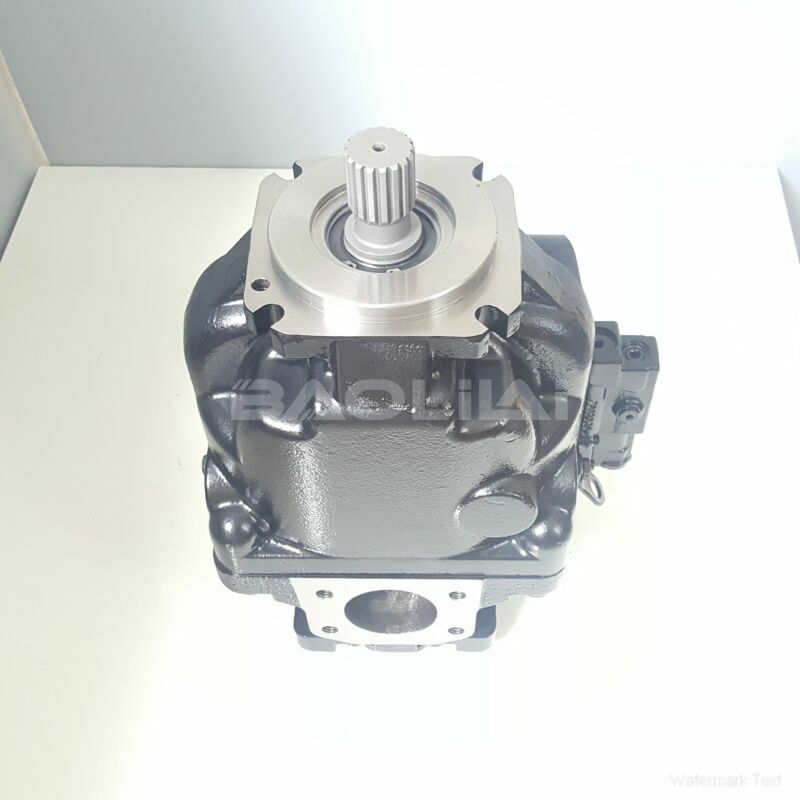ERL147CRP2520NNN3S4CPA1NNNNNNNNNN hydraulic pump
ERL147CRP2520NNN3S4CPA1NNNNNNNNNN hydraulic pump

- Product Details
- Applicable Scene
Hydraulic pumps are essential components in various industrial applications, especially in high-flow systems. However, excessive noise can be a significant issue, affecting both the performance of the pump and the comfort of the operators. Understanding the causes of hydraulic pump noise and implementing effective solutions is crucial for maintaining system efficiency and prolonging pump life. This article outlines some common sources of noise in hydraulic pumps and provides practical solutions to mitigate these issues.
ER-L-147C-RP-25-20-NN-N-3-S4CP-A1N-NNN-NNN-NNN
ERL147CRP2520NNN3S4CPA1NNNNNNNNNN
One of the primary causes of noise in hydraulic pumps is cavitation. This phenomenon occurs when the pressure in the pump drops below the vapor pressure of the hydraulic fluid, leading to the formation and implosion of vapor bubbles. Cavitation can generate loud knocking or rattling sounds and can cause severe damage to pump components. To prevent cavitation, ensure that the hydraulic system is properly designed with sufficient fluid levels and that the suction conditions are optimal. Increasing the size of the inlet line or using a higher-capacity reservoir can also help maintain adequate pressure.

83037755
Another common contributor to pump noise is improper mounting and alignment. Vibration from the pump can transfer to the mounting structure, leading to rattling sounds that may be mistaken for mechanical issues. Ensuring that the pump is securely mounted on a stable base and properly aligned can minimize vibrations. Using vibration isolation mounts or pads can further reduce noise transmission through the structure.
Hydraulic fluid properties also play a significant role in noise generation. The viscosity and composition of the fluid can affect how sound travels through the system. Using a high-quality hydraulic fluid with the appropriate viscosity for your application can help reduce noise. Additionally, adding anti-foaming agents may assist in minimizing the formation of air bubbles in the oil, which can create unwanted noise.





